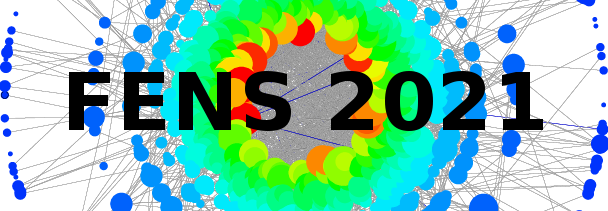Speaker
Description
To prevent the spread of COVID-19, many cities, states, and countries have `locked down', restricting economic activities in non-essential sectors. Such lockdowns have substantially shrunk production in most countries. This study examines how the economic effects of lockdowns in different regions interact through supply chains, which are a network of firms for production, by simulating an agent-based model of production using supply-chain data for 1.6 million firms in Japan. We further investigate how the complex network structure affects the interactions between lockdown regions, emphasising the role of upstreamness and loops by decomposing supply-chain flows into potential and circular flow components. We find that a region's upstreamness, intensity of loops, and supplier substitutability in supply chains with other regions largely determine the economic effect of the lockdown in the region. In particular, when a region lifts its lockdown, its economic recovery substantially varies depending on whether it lifts the lockdown alone or together with another region closely linked through supply chains. These results indicate that the economic effect produced by exogenous shocks in a region can affect other regions and therefore this study proposes the need for inter-region policy coordination to reduce economic loss due to lockdowns.

